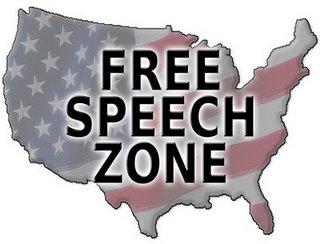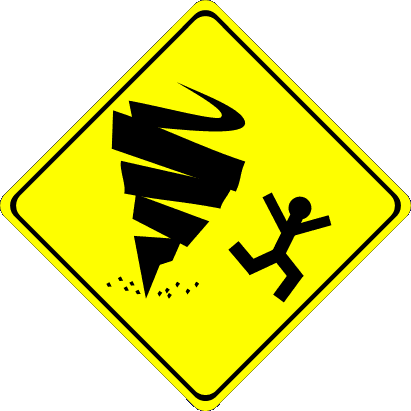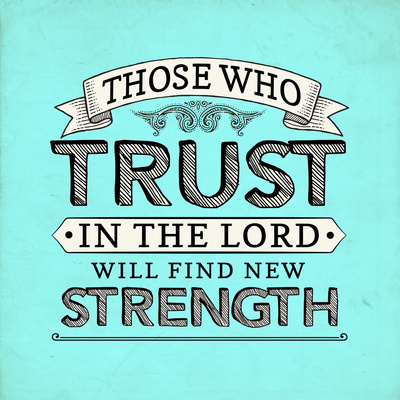Be Careful What the Public Deems Sacred
So much has happened in the news lately in terms of freedom of expression and the abuse of power. As individuals, we look for guidance in leaders and mentors. But when those in power lead us astray, how are we to know?
In my opinion, it is dangerous to leave anything sacred to the public, but it is also dangerous for an individual to leave nothing sacred to themselves.
When a concept is sacred to an individual, it opens the door for necessary contemplation of ethics, morality, and priority. A concept left sacred to the public, however, gives said concept power over the people, a situation that I think is risky enough that it should be avoided.
One of the latest examples of this, of course, was the controversial release of the film, “The Interview”. I’ve heard opinions from both sides of the spectrum, with some saying that Sony never should have prevented the movie from being shown in theaters, and others saying the movie should never have been made in the first place.
I can see the reasoning behind both sides. On one hand, we, as a people who believe in freedom of expression, should never let fear or threats from a governmental power keep us from that freedom. On the other hand, there are people who hold certain things sacred, and we should respect those things.
This is why I believe the concept of sacristy should be held firstly on an individual level. In North Korea, Kim Jong Un and his predecessors have been held on a level of sacredness that prevents them from being ridiculed, overthrown, analyzed, or questioned by their people. And it just so happens that this government does not feed its people the whole truth, or any truth at all. That is a dangerous concept. In the United States, we seem to be on the opposite side. Even on an individual level, many people hold nothing sacred, which I don’t necessarily think is a good idea either, but that is beside the point.
The important thing is that, as a nation, nothing has been allowed to be sacred, and while that may sound dismal, it gives us as a people the opportunity to dissect, debate, and analyze ideas that we as individuals hold dear to our hearts. It keeps institutions from becoming corrupted while they still have power over us. I’m not arguing that all institutions are inherently evil and brainwashing, but I do believe that any institution can become corrupted, and if we as a group hold that institution sacred already, it is much harder to stand up as an individual and break away from that power.
Again, I want to advocate for still keeping things sacred on an individual level. It is people who hold life sacred, and people who hold the power to choose sacred, that debate and pass laws related to abortion. It is people who hold justice sacred that keep our communities safe. It is also people who keep our communities safe that sometimes abuse that power. And if we as a group or community hold our leaders – whether local or national, religious or political – sacred, that abuse is allowed to continue on. We must remember what is sacred to us to give our life purpose and drive, but we must never give our individual convictions the power to control people who don’t want it.





